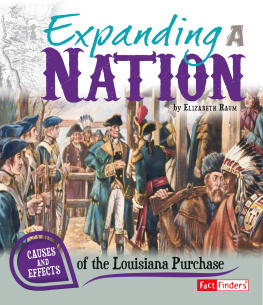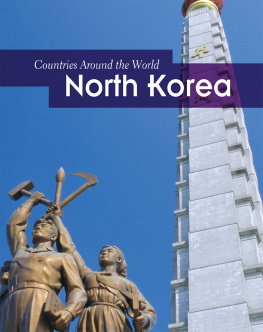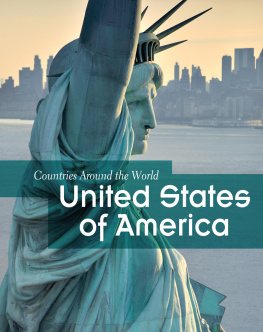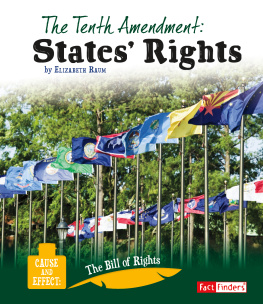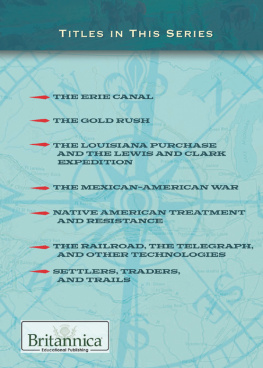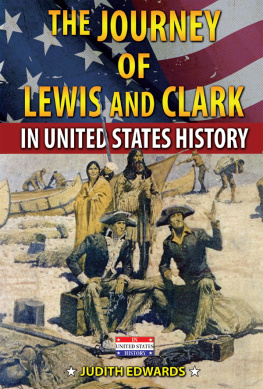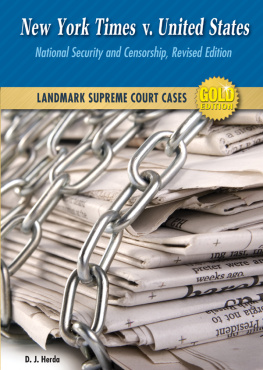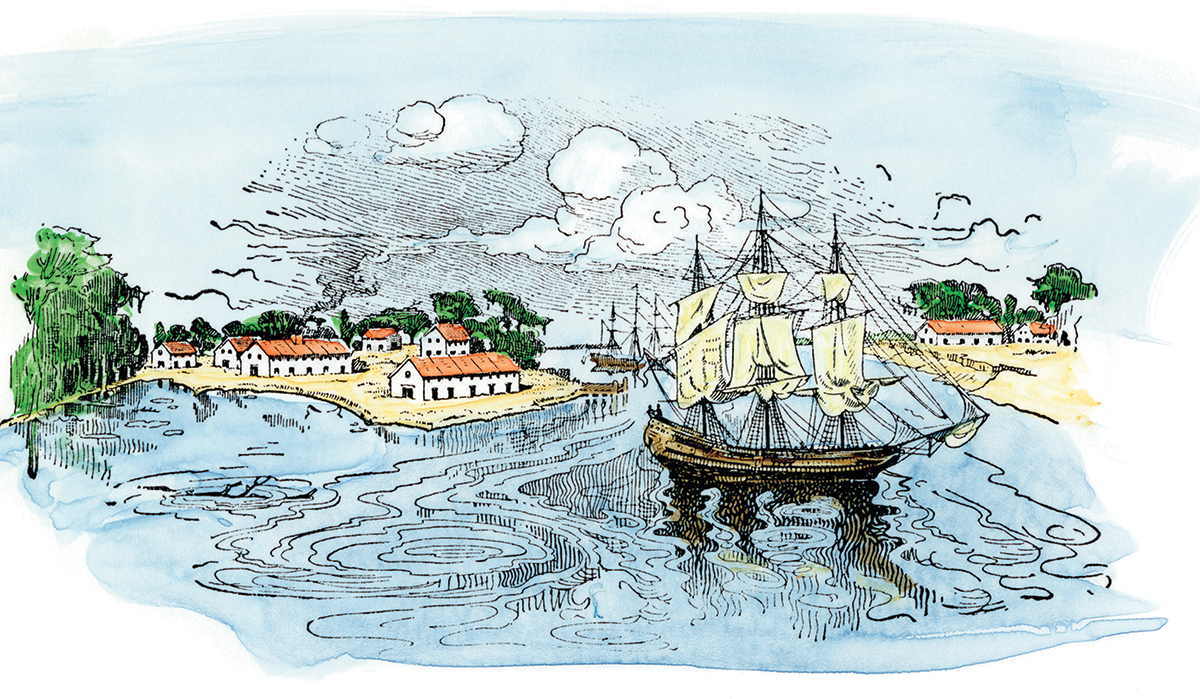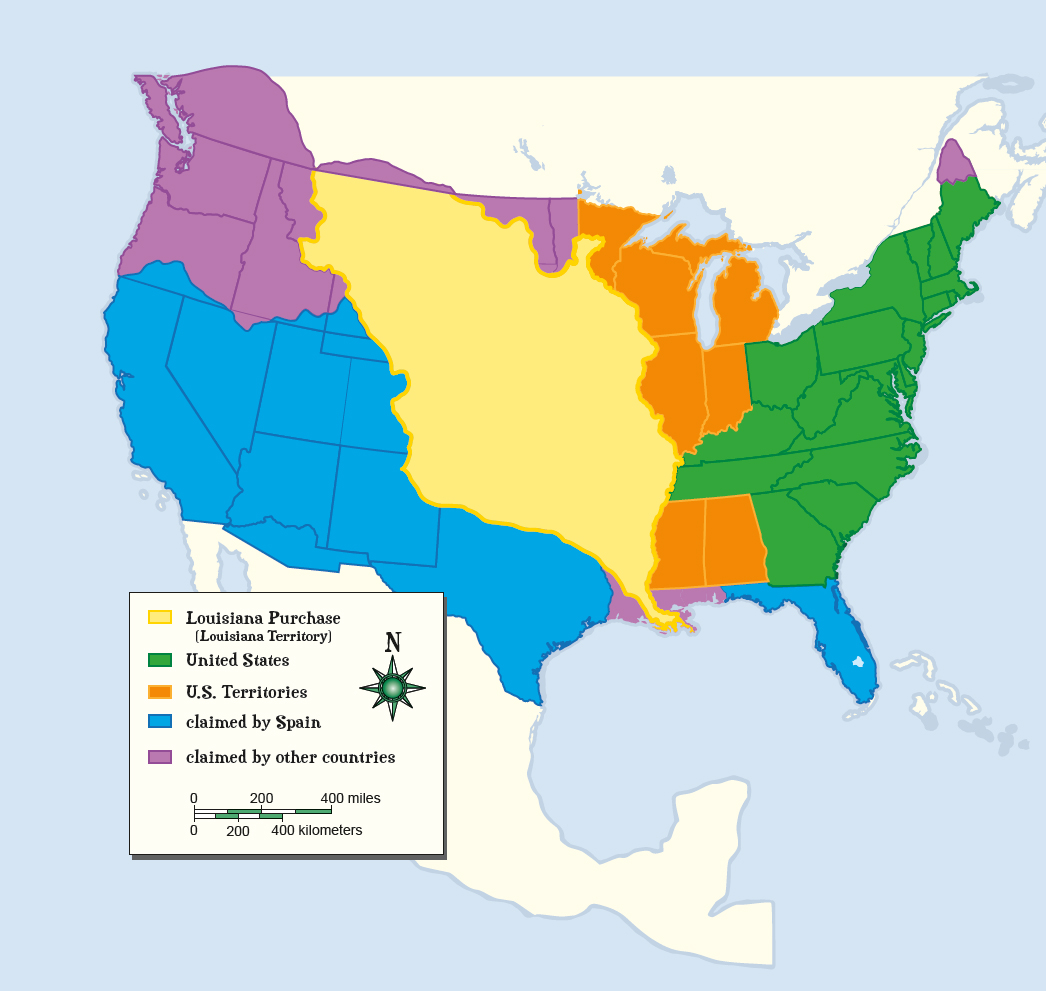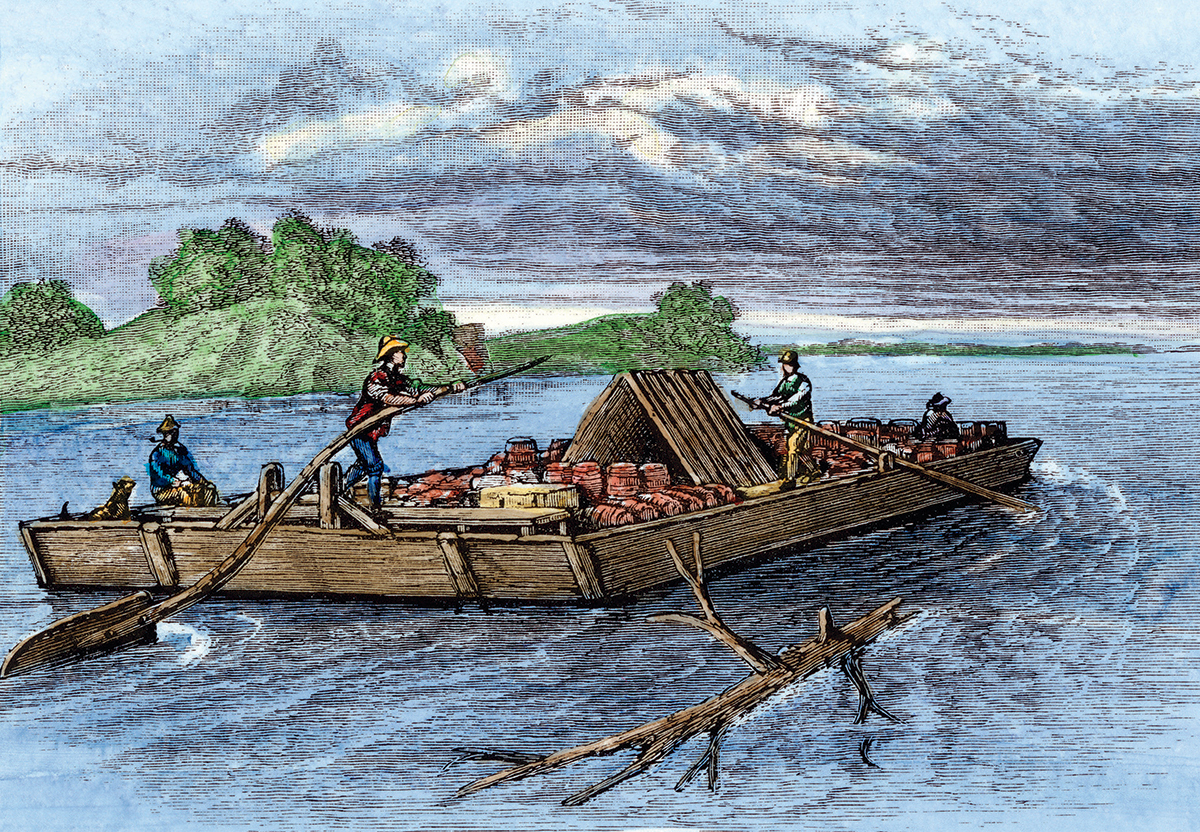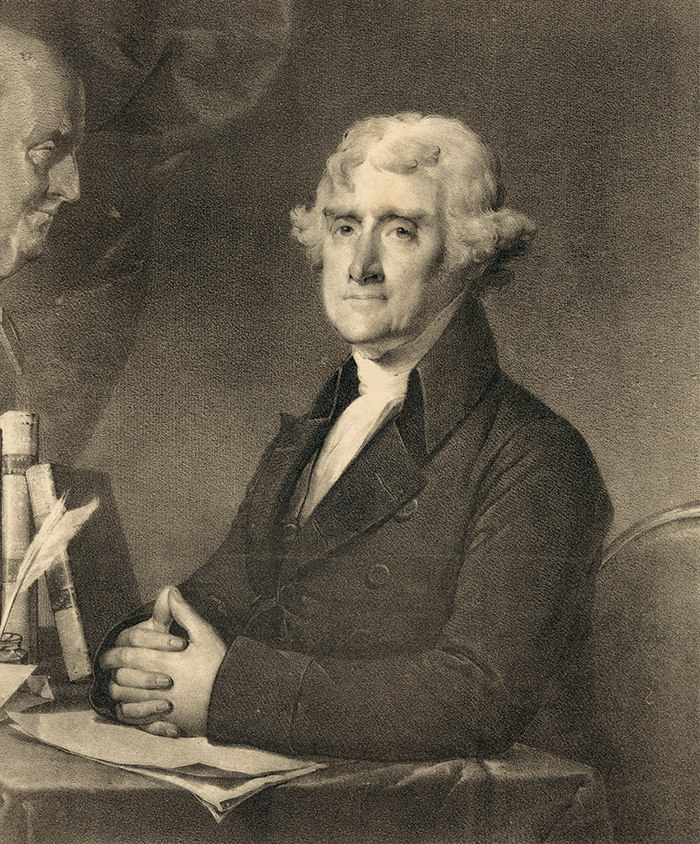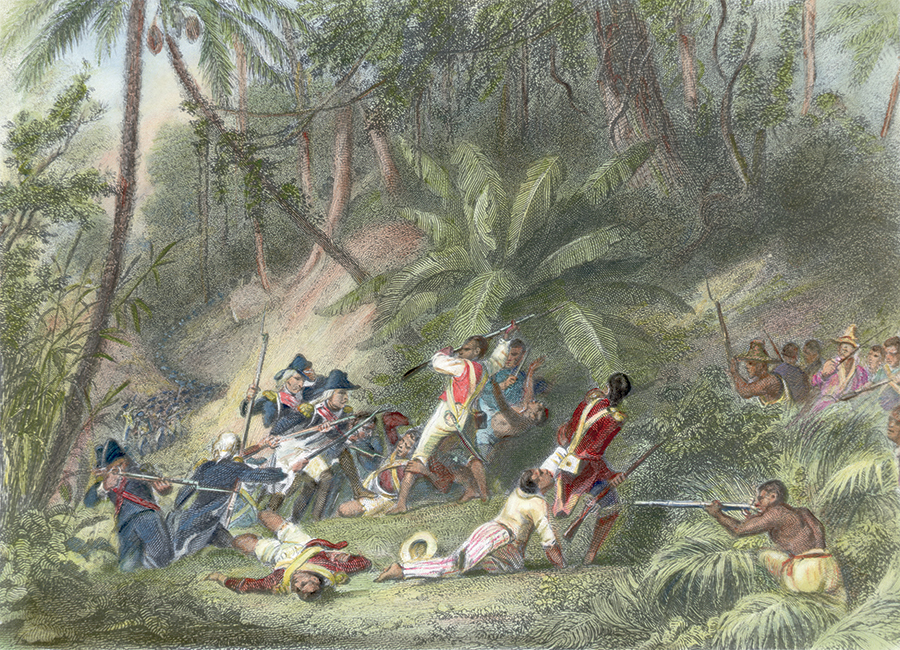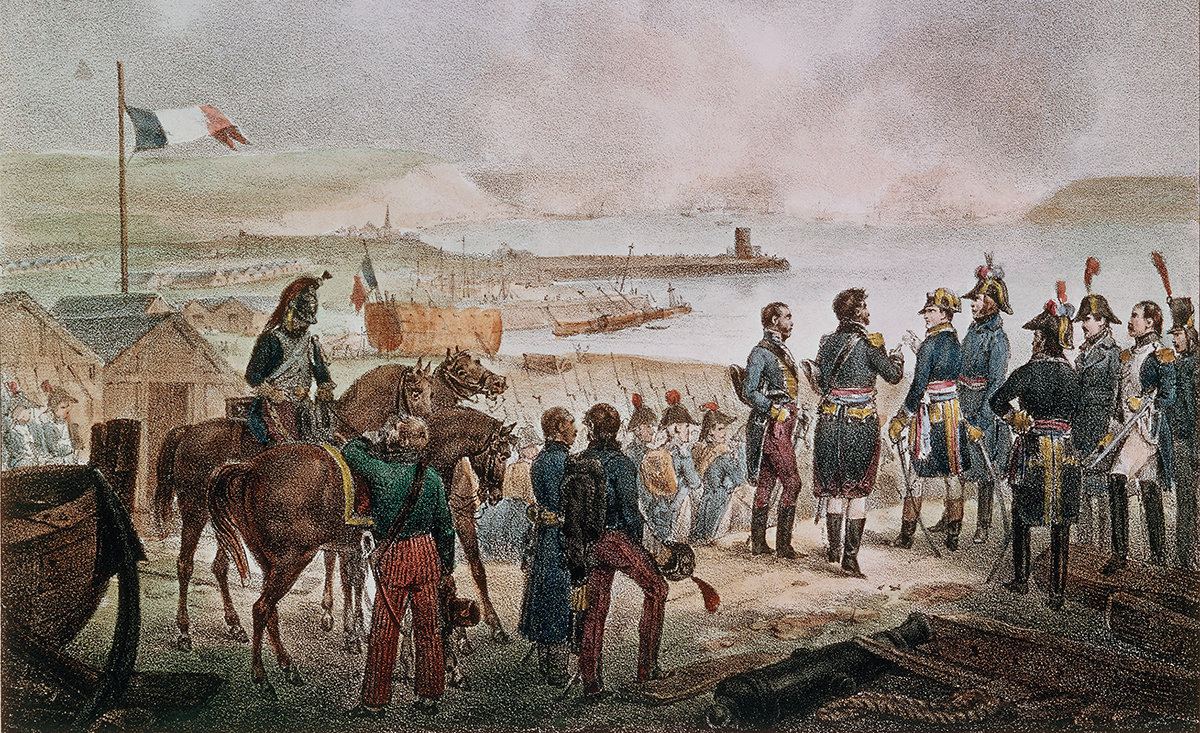GLOSSARY
(uh-BAH-lish) to officially put an end to something (uh-MEND) to change (KAHM-pruh-myz) a settlement in which each side gives up part of its demands (EM-pire) a large territory ruled by a powerful leader (ek-spuh-DI-shuhn) a long journey for a certain purpose (FED-ur-uhl) central or national (MIN-uh-stur) a high-ranking government official who advises the leader (ni-GOH-shee-ate) to bargain or discuss something to come to an agreement (PORT) a harbor or place where boats and ships can dock or anchor safely (RA-ti-fye) to officially approve something (rez-er-VAY-shuhn) an area of land set aside by the U.S. government for American Indians (TERR-uh-tor-ee) an area of land that is not yet a state
READ MORE
- Fradin, Dennis B.The Louisiana Purchase. Turning Points in U.S. History. Tarrytown, N.Y.: Marshall Cavendish Benchmark, 2010.
- Roza, Greg.Westward Expansion. The Story of America. New York: Gareth Stevens Pub., 2011.
- Sharp, Constance.Thomas Jefferson and the Growing United States (1800-1811). How America Became America. Philadelphia: Mason Crest Publishers, 2012.
- Shea, Therese.The Louisiana Purchase. New York: PowerKids Press, 2009.
CRITICAL THINKING USING THE COMMON CORE
- Suppose that the United States had not been able to buy the Louisiana Territory. How do you think the development of the United States might have changed? (Integration of Knowledge and Ideas)
- Describe the effect of the Louisiana Purchase on American Indians in the years following the purchase. Use details from the text to support your answer. (Key Ideas and Details)
- Examine the list on . What does this chart tell you about the long-term effects of the Louisiana Purchase? How did the Louisiana Purchase strengthen the United States? (Craft and Structure)
A BIG PURCHASE
In 1803 the United States was still a small, young country. Just 17 states made up the Union, stretching from the Atlantic coast to the Mississippi River. European countries claimed the rest of the land in North America.
New Orleans, Louisiana, was founded in 1718. It was a center for trade, and a big reason for the Louisiana Purchase.
But the Louisiana Purchase changed that. The United States bought a huge area of land from France. The new land doubled the size of the country overnight. The Louisiana Purchase was an event that changed the future of the nation.
The United States after the Louisiana Purchase
WHAT CAUSED THE LOUISIANA PURCHASE?
Buying the Louisiana was a big move by the United States. And it all started with a need for a river.
Cause #1United States Need for a River Route
The mighty Mississippi River flows south from what is now Minnesota to the Gulf of Mexico. Americans needed a good river route to ship goods. The Mississippi was perfect for the job. But there was only one problem. The United States didnt actually own the river.
France first claimed the Mississippi River Valley in 1682. The area was named Louisiana, in honor of King Louis XIV. In 1762 France made a deal with Spain. Spain took control of Louisiana and the Mississippi.
Traders used large flatboats to move cargo up and down the Mississippi River.
After the Revolutionary War (17751783), Americans began moving west. Spanish officials worried that American settlers would try to take over Spanish-owned land and the important city of New Orleans. In 1784 they stopped allowing goods to be shipped on the Mississippi. They reversed their decision in 1795 but stopped river trade again three years later. American leaders knew they needed to get control of the river if the United States was going to become a world power.
Cause #2France Makes a Move
Frances leader, Napoleon Bonaparte, wanted to build an in Europe and North America. In October 1800 he made a secret deal with Spain to take back New Orleans and Louisiana. Napoleon hoped secrecy would give him time to send French troops to protect Louisiana.
In 1801 President Thomas Jefferson learned that France had reclaimed Louisiana. Jefferson was horrified. He thought France had grown too powerful. He didnt want France to control American trade routes. Jefferson said that France owning Louisiana was the greatest threat to the United States since the Revolutionary War. He began thinking about trying to buy Louisiana from France.
President Thomas Jefferson feared France would take control of trade routes in the United States.
Napoleon Bonaparte
Army officer Napoleon Bonaparte earned the respect of French leaders during the French Revolution (17891799). By 1799 Napoleon was the most important leader of France. He planned to build an empire in Europe and North America. Napoleon also wanted to limit U.S. growth across the continent. For his plan to succeed, he needed control of Louisiana.
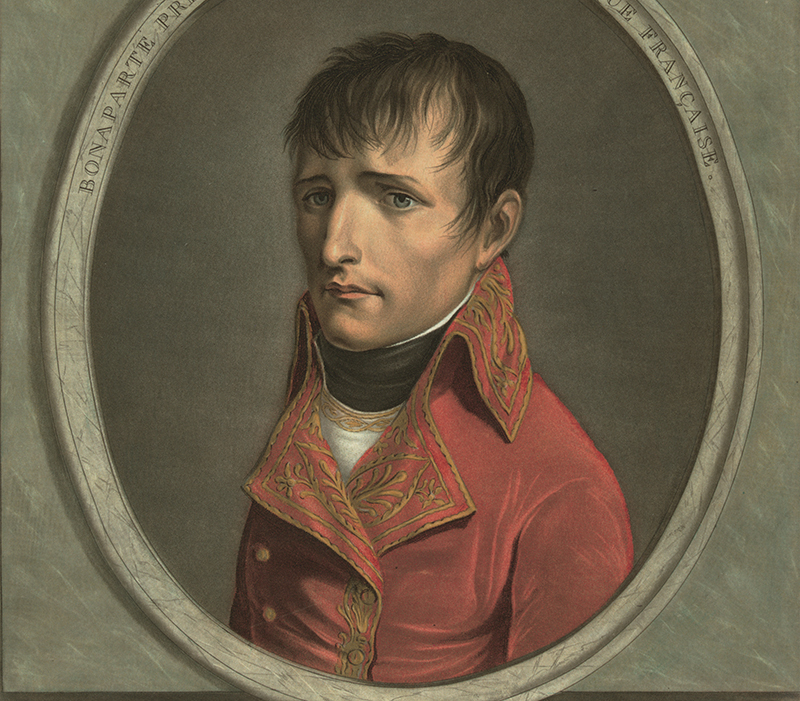
FAST FACT:
Today Saint-Domingue is called Haiti.
Cause #3Napoleons Fading Dream
Part of Napoleons reason for wanting Louisiana was its location. France owned the island of Saint-Domingue in the Caribbean Sea. Valuable crops such as sugar and coffee were raised there. France could use the port of New Orleans to ship these crops to Europe.
But by 1802 Napoleons dreams of a North American empire were beginning to fade. French troops lost to rebelling slaves in Saint-Domingue. Napoleon no longer needed Louisiana to support Saint-Domingue.
Rebelling slaves in Saint-Domingue defeated the French army.
Cause #4Napoleons Need for Cash
France and Great Britain had been in conflict over land in North America since the mid-1700s. But after the loss of Saint-Domingue, Napoleon no longer wanted to fight Britain in North America. By 1803 Napoleon knew that if he kept Louisiana, the British might invade from Canada. He would rather invade Britain from France. If he sold Louisiana, he would have the money to finance that attack. Napoleon sent his advisors to meet with Jeffersons advisors. Could they make a deal?

